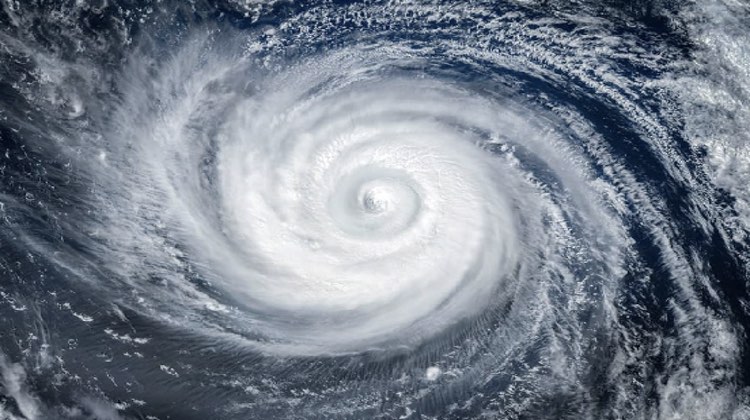Avoiding Winter Weather Catastrophes
Winter is just around the corner for those of us in Southeast Texas. As we move into December, January and February, we’ll see more nights with colder temperatures for longer periods of time. Now is the time to be winterizing your home. Below are some tips to help make it through the freezing temperatures.
When water freezes it expands. This can be bad news for water systems as the expansion can cause pipes and valves to burst. The best way to protect against bursting pipes in your irrigation system is to drain the system to relieve any pressure. The underground piping for your sprinkler system is protected by the ground itself as it acts as an insulator. The most susceptible parts of your irrigation system are the backflow preventers and shutoff valves that are usually located above ground in that U-shaped piping. Wrapping the pipes, valves, and backflow preventer with insulation after closing the main irrigation valve and draining the system is the easiest way to avoid costly repairs.
Exposed pipes in your home should also be insulated to protect them from freezing. Don’t forget those exposed pipes in your attic that may be susceptible. Outside water faucets and garden hoses can also hold water that may freeze and expand. Make sure garden hoses are disconnected from water sources and drained. Exposed water faucets should also be insulated. These pre-freezing tips can help you avoid headaches and expensive repairs down the road.


